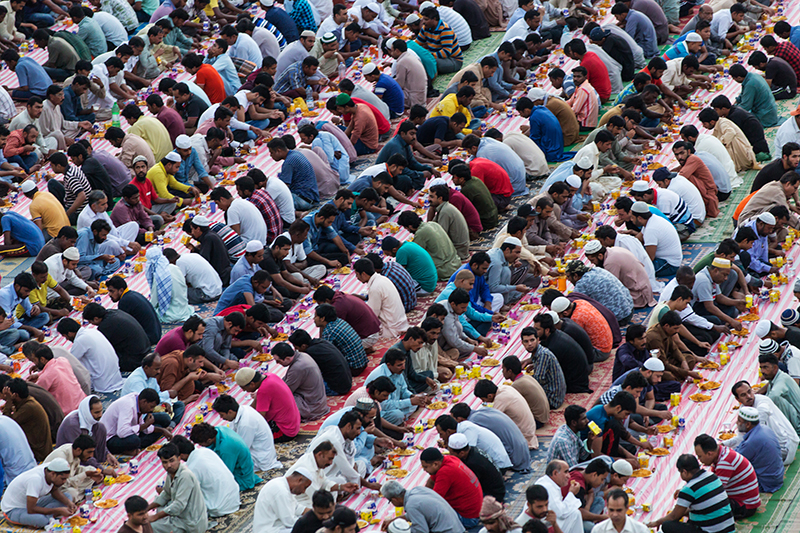Eid al-Fitr 2024: UAE private sector holiday dates declared
The holiday will officially begin on Monday, April 8…
We’ll have to hang on a little while longer before we know exactly which days of the Gregorian Calendar week we’ll all have off but the Ministry of Human Resources and Emiratisation (MoHRE) — has confirmed the Islamic Calendar (Hijri) dates for the Eid Al Fitr holiday period.
On the occasion of Eid Al Fitr 2024 the UAE private sector will enjoy an extra-long weekend from Monday, April 8 (Ramadan 29) until Shawwal 3, according to an announcement from the MoHRE.
The Ministry of Human Resources and Emiratisation (MoHRE) has announced that Monday, 29 Ramadan (8 April 2024) to 3 Shawwal (or what is equivalent to it in Gregorian calendar) will be a paid holiday for all employees in the private sector across the UAE on the occasion of Eid Al…
— وزارة الموارد البشرية والتوطين (@MOHRE_UAE) April 1, 2024
So how many days off will we get?
Depending on the moon, Ramadan will last for either 29 or 30 days. If Ramadan lasts 29 days, residents will get six days off for Eid, from Monday, April 8 (Ramadan 29) to Thursday, April 11.
Those who have a Saturday-Sunday weekend will have a six-day break with work resuming on Friday, April 12.
If it’s a 30-day Ramadan, the Eid break will run from Monday, April 8 (Ramadan 29) to Friday, April 12 (Shawwal 3). Meaning those who have a Saturday and Sunday weekend will have a nine-day break with work resuming on Monday, April 15.
Because the Islamic Calendar is based on lunar months — it means that for these dates to be confirmed in the Gregorian calendar (the traditional January to December version), there has to be a sighting of the moon in a very specific phase. We will have to wait for confirmation on these dates closer to the time from UAE officials.
What is Eid al Fitr?

Eid al Fitr is also known as the ‘Festival of Breaking of the Fast’ and is one of two official holidays celebrated in Islam. It is celebrated by Muslims worldwide and marks the end of Ramadan.
Ramadan is the ninth month of the Islamic calendar observed by Muslims worldwide as a month of fasting, prayer, reflection and community. Fasting is one of the five pillars of Islam, which is the foundation of the religion. The pillars are the framework by which Muslims everywhere live, and Ramadan is considered the holiest time in the Islamic calendar. It is a time for prayer, reflection and religious devotion, to cleanse past sins and to focus on Allah through good deeds.
You can learn more about Ramadan here.
